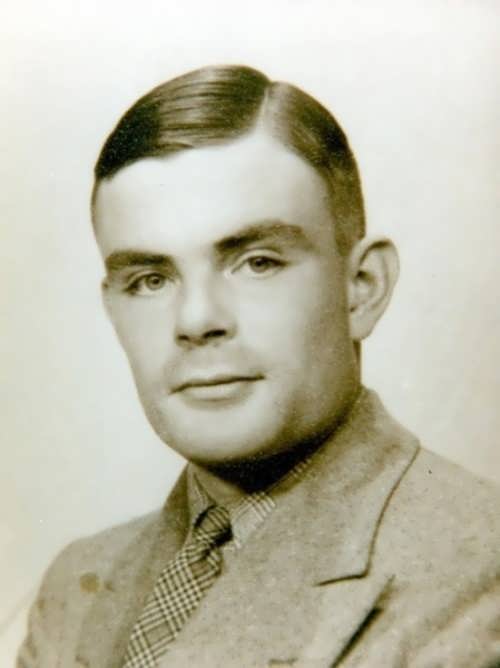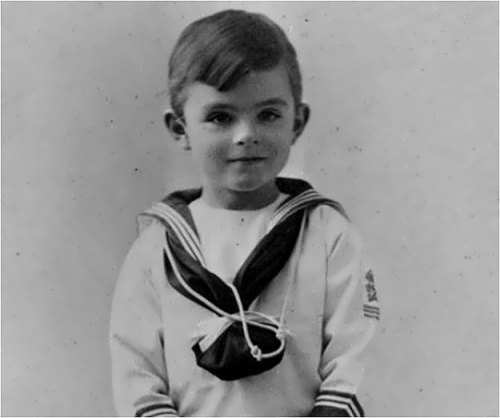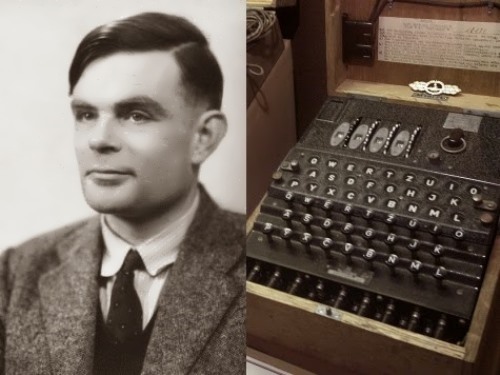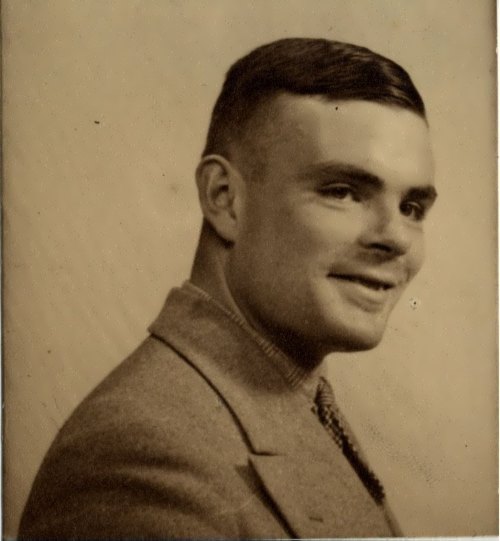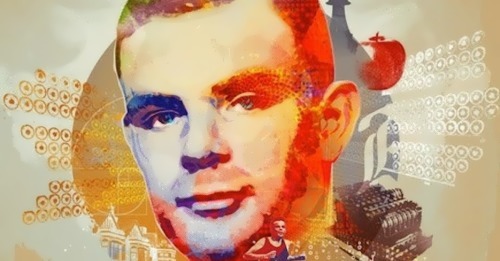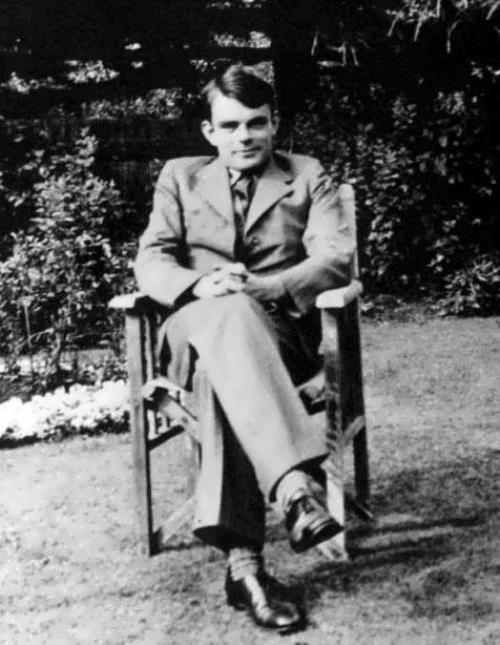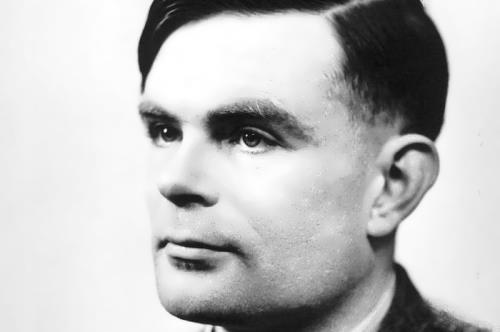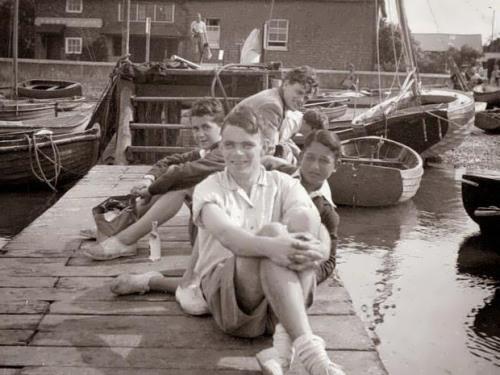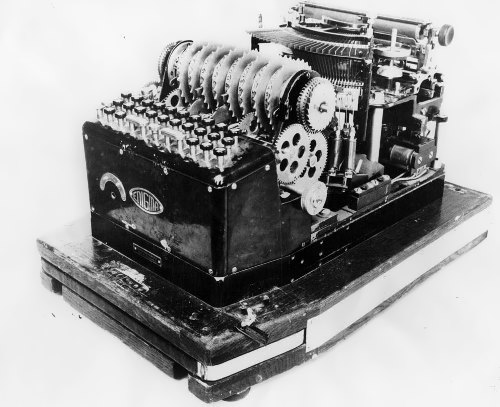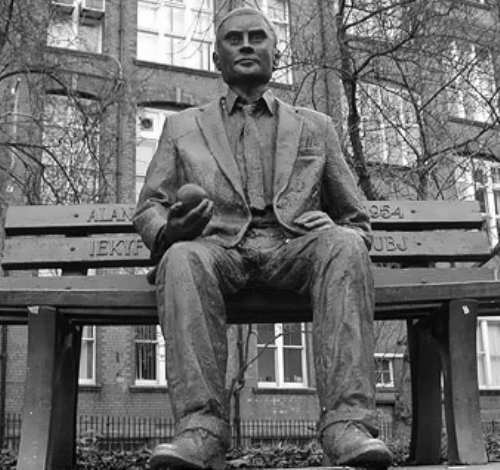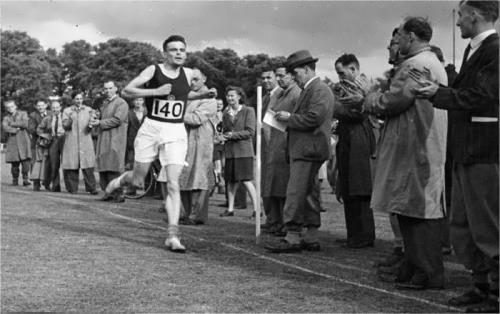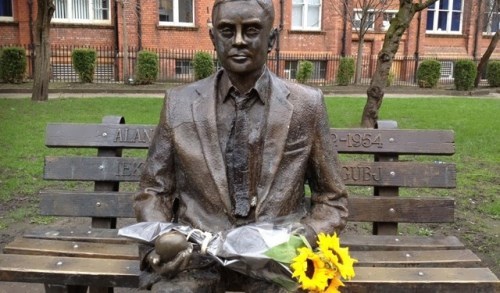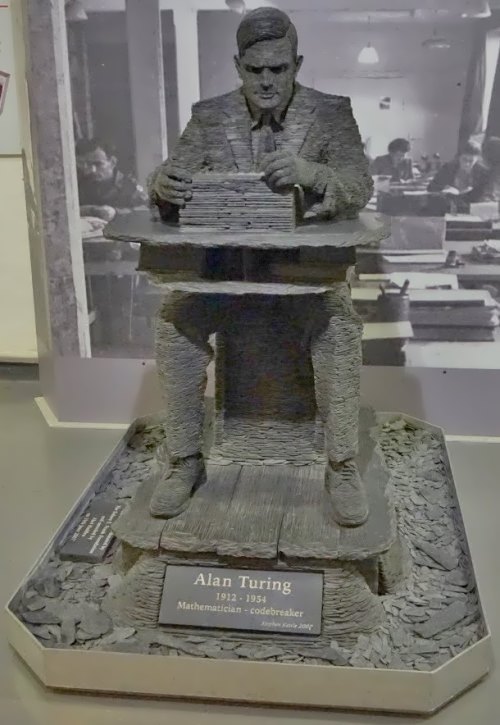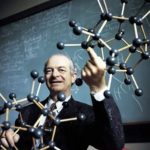Alan Turing – Father of computer science
Alan Turing was an English mathematician, logician, cryptographer, who had a significant impact on the development of computer science. He was a Commander of the Order of the British Empire (1945), a member of the Royal Society of London (1951). Turing machine, which can be considered a computer model, is still used in a variety of theoretical and practical studies. During World War II Turing worked for the Government Code and Cypher School. He developed a series of hacking techniques, including the theoretical basis for the Bombe – the machine used for breaking German coder Enigma.
In 1948, the scientist joined Max Newman’s Computing Laboratory at the University of Manchester, where the assisted in creating computers and later became interested in mathematical biology.
Alan Mathison Turing was born on June 23, 1912 in London. Both his parents had upper middle class origins, and his father continued that tradition as an administrator in the Indian civil service.
After school Turing entered the Royal College of Cambridge where he studied from 1931 to 1934 under the leadership of famous mathematician Godfrey Harold Hardy. His most important mathematical work, ‘‘On Computable Numbers,’’ was written in Cambridge in 1936.
In addition to mathematics, he studied cryptography, as well as designed electro-mechanical binary multiplier. In June 1938, he defended his doctoral thesis.
During World War II, Alan Turing took an active part in breaking German ciphers at Bletchley Park. Turing played an important role in the design of equipment and development of techniques to break codes.
In 1945, Turing was awarded the Order of the British Empire by King George VI for his military service, but the fact remained a secret for many years.
From 1945 to 1947 Turing lived in Richmond and worked on the ACE (Automatic Computing Engine) at the National Physical Laboratory.
In 1948, Turing invented the LU-decomposition method, which today is used to solve the equations.
Alan Turing died on June 7, 1954 from cyanide poisoning. The investigation revealed that Turing committed suicide, although the scientist’s mother believed that it was an accident. Alan Turing was recognized as “one of the most famous victims of homophobia in the UK”. On December 24, 2013, Turing was posthumously pardoned by Queen Elizabeth II.
The Turing Award was established in honor of the scientist. It is the most prestigious award in the world in the field of computer science.
In 2002, Turing was recognized “one of the 100 Greatest Britons in history.”
In the historical drama The Imitation Game (2014) Benedict Cumberbatch played Alan Turing.
